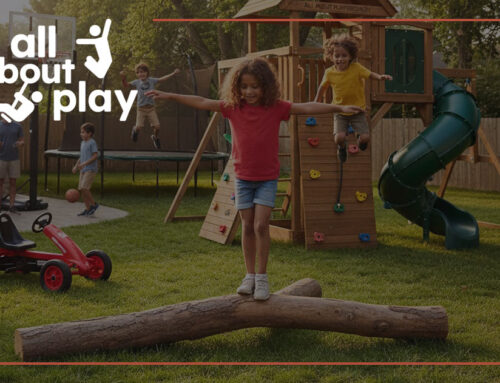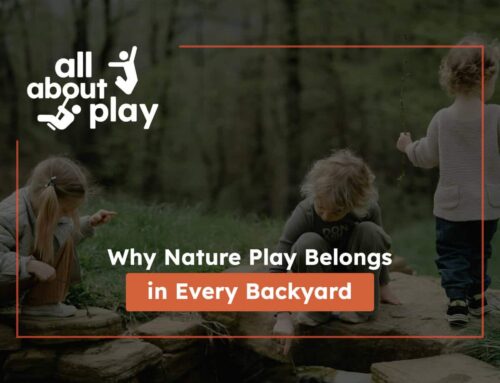At Playground Professionals, author Joe Frost sheds light on the critical issue of restoring risky play to playgrounds. Today, many playgrounds are designed with restrictions that limit essential physical challenges like rough-and-tumble play, chase games, and climbing. While these limitations aim to prevent injury, they inadvertently hinder children’s social, cognitive, and physical development.
The Dangers of Over-Protection in Playgrounds
Over-protecting children on playgrounds has become a growing trend in recent years. Traditional games like tag, King of the Mountain, and even climbing trees are being restricted, leaving children with fewer opportunities to engage in unstructured play.
While safety is important, this extreme caution can rob children of the chance to learn through exploration, risk, and interaction.
How Risky Play Builds Social, Physical, and Cognitive Skills
Frost emphasizes that rough-and-tumble (R&T) play, such as wrestling, and chase games are not just harmless fun; they are crucial for development.
Children engaged in these activities learn to negotiate rules, challenge themselves physically, and resolve conflicts.
These interactions promote physical fitness, improve problem-solving skills, and encourage social bonding. In fact, playgrounds that allow for risky play help children develop in a way that prepares them for more complex social and physical challenges later in life.
Key takeaways from the article:
- Over-protective playgrounds hinder children’s ability to develop necessary life skills.
- Risky play helps children become more fit, social, and confident.
- Restrictions often come from fear of injury, but they limit growth opportunities.
- Challenging playgrounds that encourage climbing, chasing, and imaginative play foster healthy child development.
Creating Backyard Playgrounds That Encourage Healthy Development
To support children’s natural play needs, playgrounds should offer varied, challenging environments. Play structures that incorporate climbing, hiding places, and interconnected features allow children to engage in active games like chase and R&T, which benefit both their physical health and social development.
Risky Play is Good!
While safety is a valid concern, the complete elimination of risky play on playgrounds can do more harm than good.
Children need to experience and overcome physical challenges to grow stronger, more confident, and more capable.
Finding a balance between safety and freedom in play is essential to ensure kids thrive both physically and mentally.
At All About Play, we believe in designing playgrounds that strike the perfect balance between safety and challenge.
Our playsets and equipment are built to foster physical activity, social interaction, and imaginative play while keeping children safe. Contact us today to discuss how we can help you create a playground that meets children’s developmental needs while offering the fun and adventure they crave!







